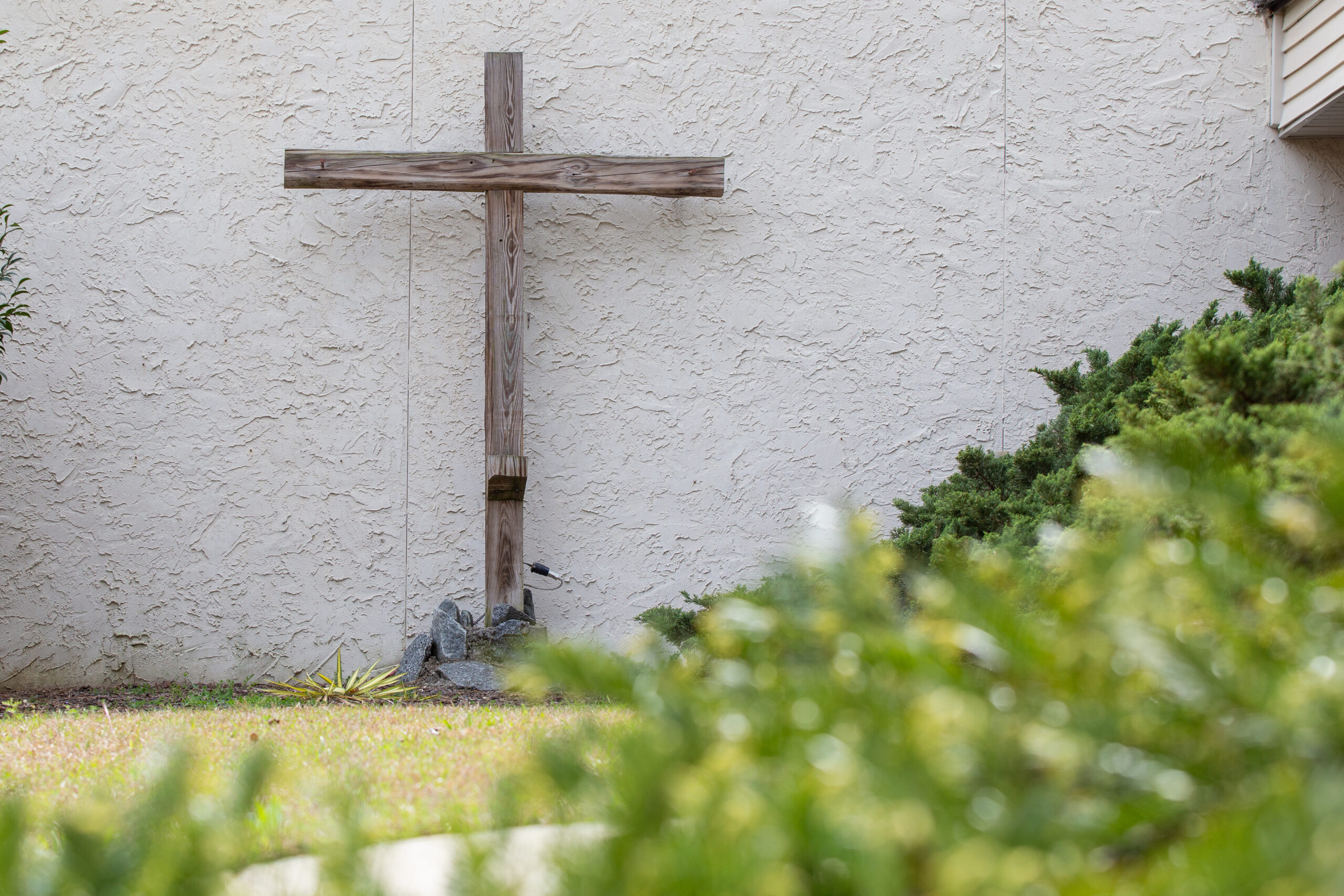As I sit and debate with myself the best way to begin an article that would not even begin to scratch the surface of explaining the trouble with the U.S. education system, I become aware of the fact that I have been staring at Karl Weber’s book cover of “Waiting for ‘Superman’” for the past half hour without making any headway. The book’s apocalyptic cover is a picture of dark, ominous clouds converging over a desolate concrete landscape that is littered with both rubble and damaged school supplies. Despite the barren wasteland, a lone young schoolgirl sits at a desk with her hand raised; a soft, angelic light illuminates her presence. Appropriate as the cover is to a book that has a subtitle reading, “How We Can Save America’s Failing Public Schools,” I cannot help but think that maybe we the public are the cause of the deteriorating U.S. educational system, not our schools.
It is too easy to point the finger of blame away from ourselves in all arguments as to why our schools are failing. Usually, when it comes to education, teachers are the first to be blamed. With all other arguments aside, critics of education cite academic studies that make teachers the most responsible as Weber does when he claims “a teacher in the bottom quintile of effectiveness covers only 50 percent of the required curriculum in a school year, while a teacher in the top quintile covers 150 percent.”
He ultimately suggests that ineffective teachers teach less material, which has some truth to it because there are low-caliber teachers out there that have inefficient classroom management skills; however, as James S. Coleman’s report entitled “The Equality of Educational Opportunity” concluded in 1966, “a pupil’s achievement is strongly related to the educational backgrounds and aspirations of the other students in the school,” and “children from a given family background, when put in schools of different social composition, will achieve at quite different levels.” So, whether a student is taught the entire curriculum or half the curriculum by a teacher from the high quintile or the low quintile, his or her academic performance is overwhelmingly influenced by peers, family and other social components, not the teacher.
This is where we come into the picture, and this is where our faults lie. Our culture has become so reliant on schools to be the primary educator in our children’s lives that we often forget that a child’s education does not stop at the classroom. Information is merely presented and practiced in the classroom, while it should be reinforced and mastered at home. Households that actively support extra- curricular learning are more likely to see their child succeed academically. This may seem like a foregone conclusion, and many households claim they do emphasize education, but there is a difference between passive and active emphasis.
Passive emphasis is exemplified in statements such as “Make sure you get good grades,” or “Pay attention in school.” Neither phrase invokes academic inspiration, yet both suggest that academic success depends purely on the child. On the other hand, active emphasis can been explained by a mother who offers to help or check her son’s math homework, or by a sister that is willing to sit down for five minutes and quiz her brother on his flashcards. Both examples not only help to reinforce academic knowledge, but they also place an emphasis on education by showing interest and familial involvement.
Now, I am of the firm belief that if all families, peers and other social influencers took an active, participatory role in every child’s education on a daily basis, our schools would not be considered mediocre or be facing reformation. We the public instill the aspirations in our children. Let us as a culture admit to ourselves that we place a passive emphasis on education when we should be actively getting involved. Let us take ownership by admitting that the trouble with the system is not merely teachers but rather us. We need to stop waiting for a superman when we should be rolling up our sleeves and fixing the problem ourselves from home.
Mark Leszczynski,
Senior English Major.



